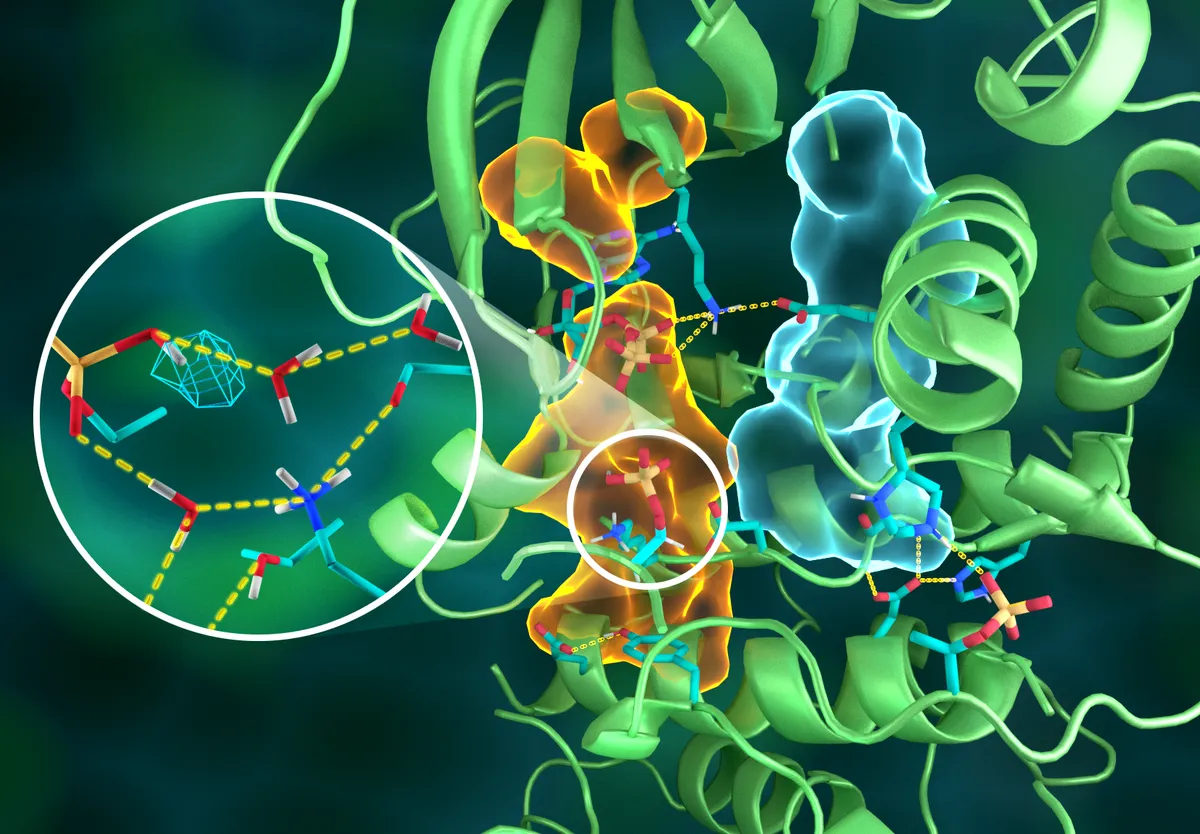Synthetic Enzymes Created by Iranian Scientists for Treatment of Different Diseases

“In this research, we made synthetic metalloenzymes to improve the performance of natural enzymes and therefore, mesoporous silica compounds were used to prepare a stable and recyclable biocatalyst,” said Sediqeh Abedanzadeh, a PhD graduate in Mineral Chemistry from Isfahan University of Technology.
She added that the catalytic performance of synthetic enzymes in comparison with the natural enzyme model was also studied in this research.
“The synthetic nanoenzymes designed in this project are combined enzymes based on mesoporous silica materials. The internal surfaces of mesoporous silica are purposefully modified by specific organic functional groups,” Abedanzadeh said.
Enzyme replacement therapy (ERT) is a medical treatment whereby replacement enzymes are given to patients who suffer from chronic conditions resulting from enzyme deficiencies or malfunction.
The most common method of ERT is through IV infusions, in which the replacement enzyme is administered directly into the bloodstream through a controlled drip of fluids. Replacement enzymes for ERT are derived from human, animal, and plant cells that are then genetically modified and processed before being given to the patient. By receiving these enzyme replacements, the body is able to successfully perform the functions inhibited by the deficiency. The effectiveness of ERT varies from person to person and what is being treated, but in some cases it is the only available treatment option.
4155/v





















